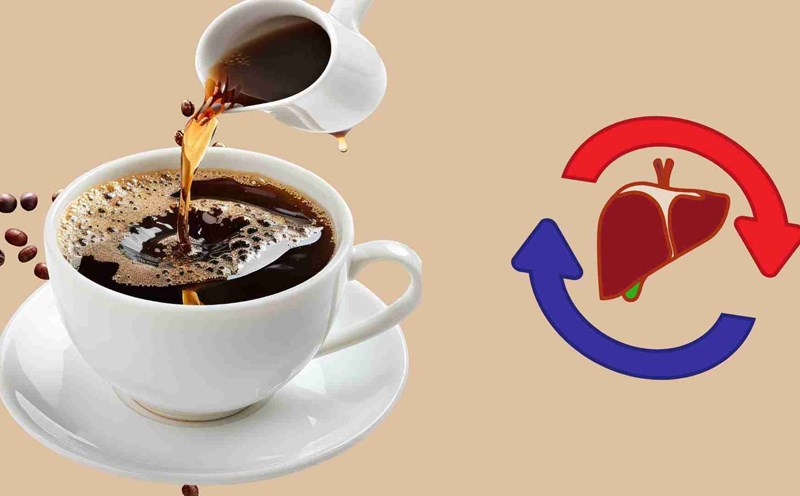Morning coffee helps stay alert, easy to lose sleep in the afternoon
Many people start the day with a cup of coffee to warm up their spirit. According to neurologist Heidi Moawad (USA), caffeine helps increase concentration, alertness and improve the reaction in the first few hours after taking it. However, this effect is also negative if you use it at the wrong time.
Caffeine stimulates the central nervous system, so when consumed in the afternoon or evening, it can disrupt the natural sleep cycle, causing difficulty sleeping or poor sleep, explains Moawad. Side effects can include rolling, waking up in the middle of the night, stomach pain or fatigue the next morning.
According to Dr. Qin Rao, a sleep expert at the Cleveland Medical Center (USA), the ideal time to drink coffee is from 9am to 11am, when the concentration of cortisol in the body begins to decrease, helping caffeine to promote effectively without disrupting the circadian rhythm.
Drinking coffee before exercise is beneficial, but dosage control is needed
Some studies show that drinking coffee about 30 minutes before exercise helps improve speed, endurance and performance. However, Dr. Moawad warns that drinking coffee in the afternoon to increase energy can affect sleep at night, especially in people who are sensitive to caffeine.
In addition, drinking coffee on an empty stomach can easily cause stomach pain or heartburn, while consuming it after meals can slow down absorption, helping to have a longer and gentler effect. A 340ml cup of coffee typically contains 113 to 247mg of caffeine, and according to the recommendation of the US Food and Drug Administration (FDA), the safe caffeine intake is about 300mg per day, equivalent to two to three cups of coffee.
Each person has a different reaction to caffeine. If coffee makes you restless, your heart beats rapidly, or you have difficulty sleeping, adjust the time and dosage. Conversely, if it helps you stay alert and sleep well, you can continue to maintain this habit, as long as you listen to your body.











